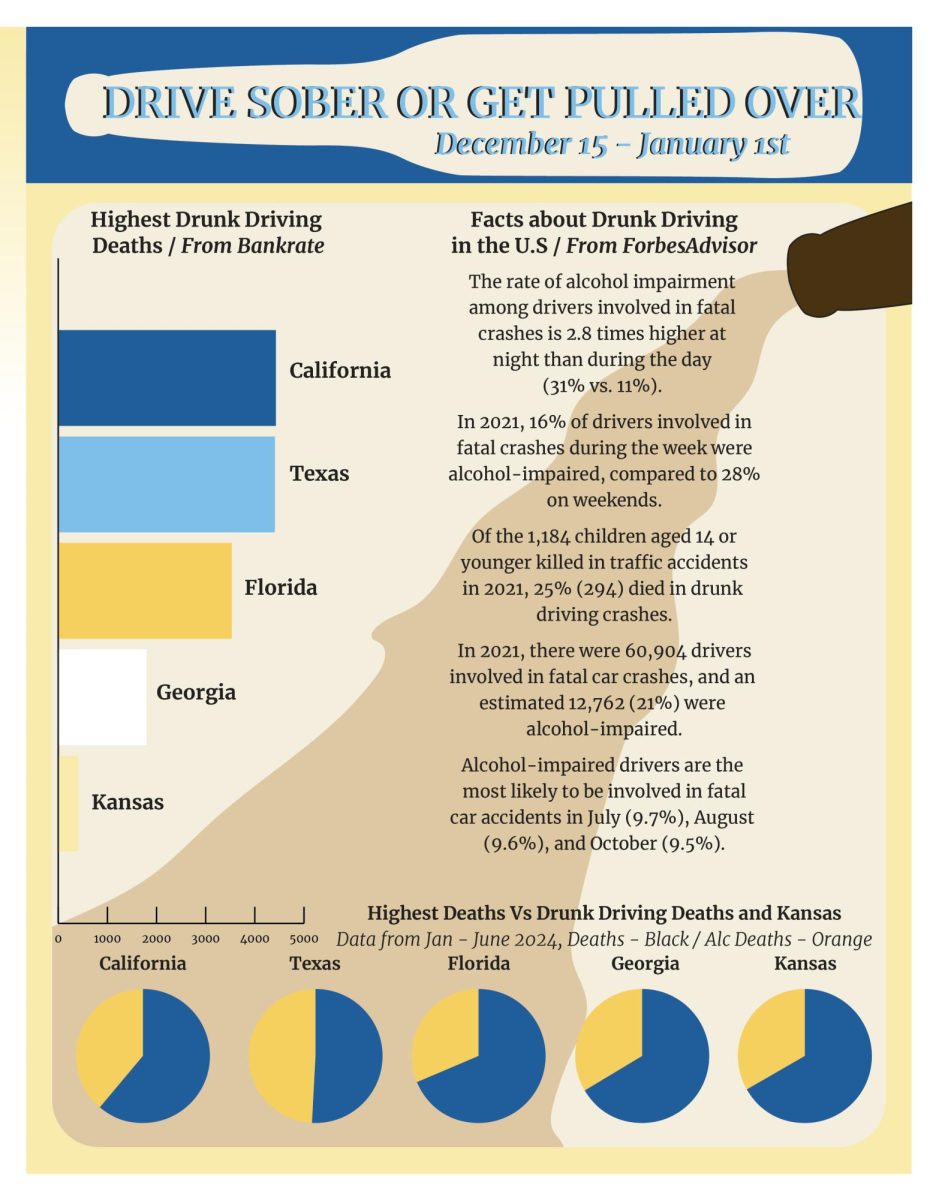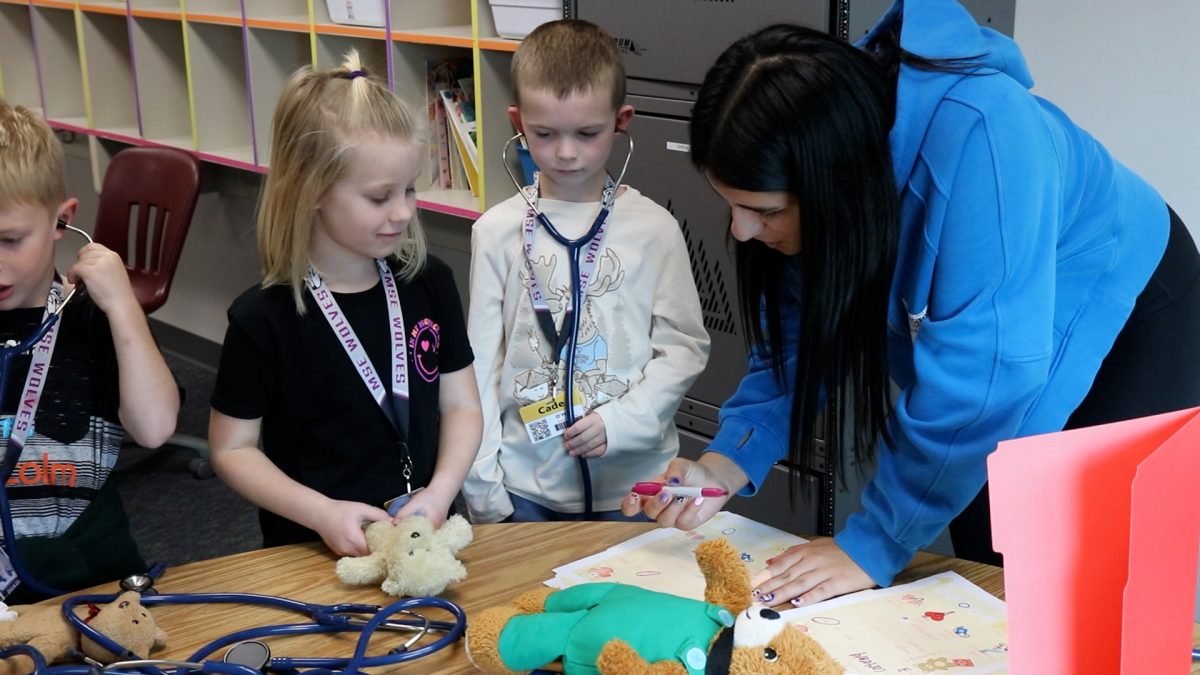The Search for Acceptance; Rowan
Rowan Singer (11) plays the flute while leading the flute section as the section leader during 1st Block band warm-up on Tuesday, April 27. Rowan was given the birth name of Makenzy, but they now go by the name of Rowan.
April 26, 2021
Junior Rowan Singer identifies as non-binary and bisexual and uses They/Them pronouns. Non-binary meaning that they don’t gravitate towards identifying as either a boy or girl and bisexual meaning that they are attracted to both guys and girls.
“This isn’t something that just happens once, you kind of come out to everyone you meet. But my two big ones would be my sexuality versus gender, which were different experiences. When I came up with my sexuality, no one really. It’s not like they didn’t care, but like my friends were like, it doesn’t change you as a person, and it literally doesn’t do anything, we could care less if you like girls guys or whatever,” said Singer.
Coming out with your gender? That’s a completely different story.
“When it came to my gender, it was a bit harder, mostly from my parents, which I understand, because for 16 years they’ve known me as their little girl and stuff like that,” said Singer.” It took them a while to not only understand what it was that I was telling them, identify, accept it and realize that like this isn’t just a little phase. It’s not going to go away. It’s not just the odd feeling that I have in my teenage years.“
Bullying is a very real problem for people in the LGBTQ+ community. According to a 2017 Youth Risk Behavior Survey 33% percent of LGBTQ+ students reporting bullying on school grounds, compared to the 17% of non-LGBTQ+ students.
“I did kind of take it on as almost a shield when I first came out because of the bullying, and I went from, this is just who I am to like to almost letting it be my identity for a bit because when I owned up to it and can like directly stated to people, they would back off,” said Singer. “It is very surreal, how much people care about who you could potentially like, like me potentially liking the same gender or like going off of my biological gender of being female. People thinking that me liking a girl is such a big deal is baffling to me. “
Gender dysphoria is the feeling of distress and discomfort from the difference in one’s biological sex and gender. People who experience it can feel uncomfortable in their bodies and wish to change things so that they can feel welcome being themselves.
For Singer, the dysphoria requires a change of appearance to feel comfortable with themselves.
“Dysphoria is something that the average person will not experience, and I hope most people don’t have to experience it because it’s not a fun thing, but it is something that I deal with. It’s why I have a chest binder to hide my chest so that I feel more comfortable within my own skin.”
People can often become confused when talking to somebody with uncommon pronouns. If you ever get confused, just ask and remember that they will most likely appreciate you trying to recognize them for who they are.
“Don’t use it as a pronoun. I’ve seen a lot of people default to “it” when I say they/them and I’m like, that’s still a person, and then just again, you don’t have to understand something to respect it just because you don’t understand someone identifying as like non-binary or gender fluid or anything like that, or you don’t understand why they would like the same gender doesn’t mean you have to be rude about it or batter them.”






